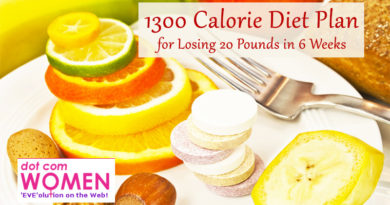Cholesterol and Fats
Fats are an essential part of the diet and a good source of energy. They insulate the body and are carriers of fat soluble vitamins. The body stores all extra calories in the form of fat. Cholesterol is essential to the human body in small amounts for the manufacture of hormones. However, a high level of blood cholesterol increases the risk of heart disease. Saturated fats raise cholesterol levels in the blood while unsaturated fats help lower it.
Adopt a diet with total dietary fat intake of less than 30% of total calories, with less than10% calories from saturated fats, limit polyunsaturated fat intake to less than 10% of calories and limit daily cholesterol intake to less than 250 to 300mg.( This does not apply to children under 2 years.) Choose foods relatively low in fat and cholesterol such as vegetables, fruits, whole grains and low fat dairy products. Fat can change in nature when it is heated and so avoid using the same fat repeatedly. Use cooking methods that add little fat to the recipe, like grilling, baking, poaching instead of frying.Caution! All fats are high in calories. All fats whether from vegetable oil, ghee, butter, animal fat contain the same calories per gram. Fats derived from animal sources such as dairy products, egg yolks and meat contain cholesterol. Fats derived from vegetable sources do not contain cholesterol.
| Eat in moderation | Eat less |
| Oils high in polyunsaturated fatty acids like sunflower, corn, sunflower & soy | Butter and Cream |
| Oils high in mono saturated fatty acids like olive, mustard & groundnut. | Coffee whitener |
| Nuts. | Hydrogenated Fats. |
| Olives. | Salad dressing (mayonnaise based). |
| Salad dressing (Vegetable oil based). | Egg yolks. |
| Seeds like pumpkin, sunflower & sesame. | Shredded coconut. |
| Avocado. | Oils high in saturated fats like palm & coconut. |
| Animal fat like lard. |

